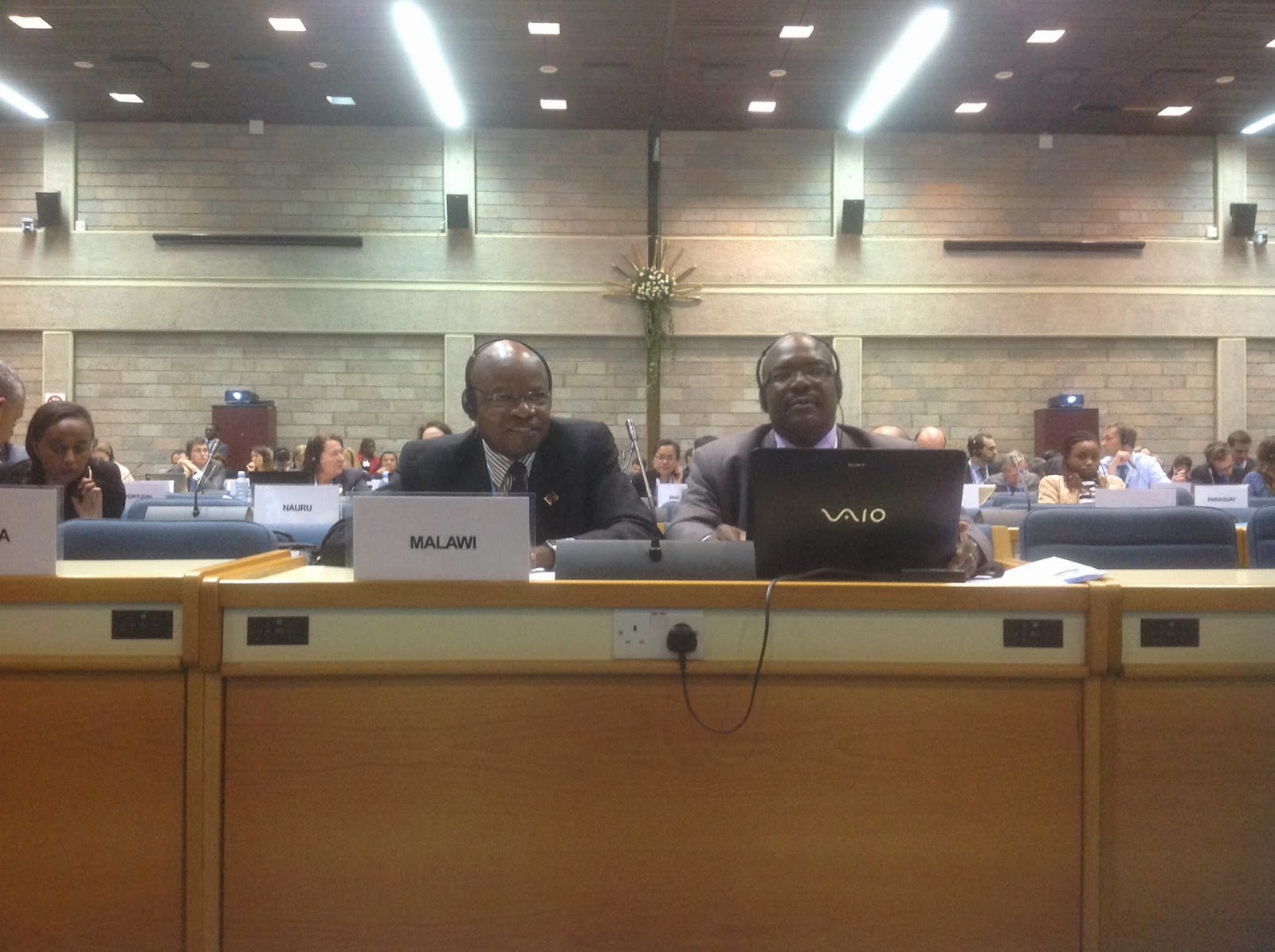Female condom, a scarce commodity
It has been 20 years since the first female condom came on the market but over 13 years since Malawi launched it, as the only female-initiated preventive measure against unplanned pregnancies and sexually transmitted infections, including HIV. Female condoms remain largely marginalised and inaccessible in Malawi even when studies show that there is some high level of awareness and acceptability in the country. Nevertheless, most Malawian women cannot use it because it is neither available to them nor do they have the knowledge on how to use it. Factors such as pricing, lack of funding, high illiteracy rate, cultural and religious belief exacerbate the low use of female condoms. At only K50 a man gets a three pack of condoms while at the same price a woman gets a pack of two female condoms. In contrast, the male condom enjoys wider promotion and accessibility, despite the fact that its use in achieving safer sex almost entirely depends on the cooperation of the male sexual pa...
